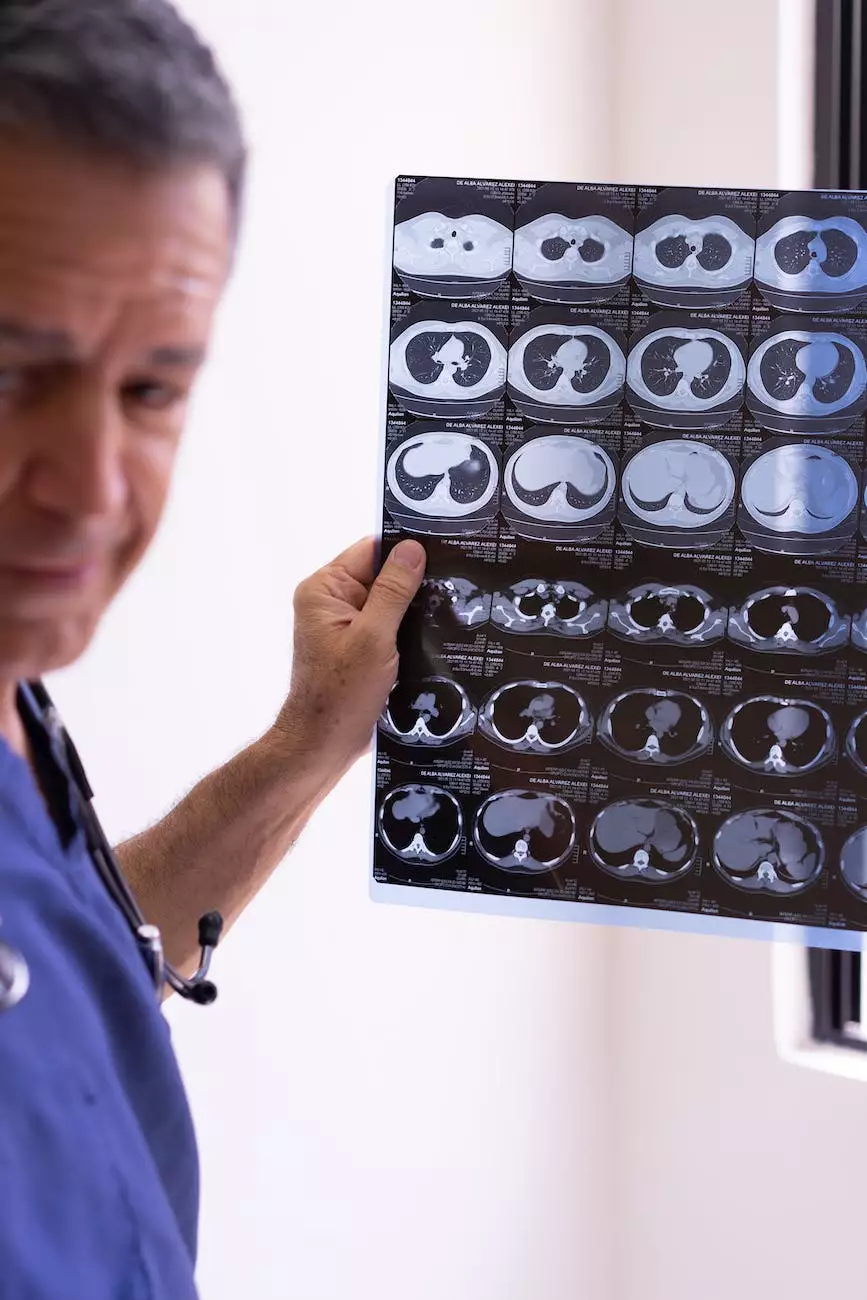Buccal Medication Administration

Introduction
Welcome to Foley James D MD's patient education section, where we aim to provide comprehensive information about various healthcare topics. In this article, we will discuss buccal medication administration, its importance, proper techniques, and potential side effects. We believe that understanding the correct methods of administering medication helps promote effective treatment outcomes and patient safety.
What Is Buccal Medication Administration?
Buccal medication administration is a method of delivering medication through the mucous membranes of the cheek and gum. It involves placing the medication between the upper or lower gums and allowing it to dissolve and be absorbed directly into the bloodstream. This route of drug administration offers several advantages, including faster onset of action and bypassing the digestive system, which can lead to better absorption.
Proper Administration Techniques
When administering medication buccally, it is essential to follow the correct techniques to ensure effective absorption and avoid potential complications. Here are the steps:
- Wash your hands thoroughly with soap and water.
- Remove the medication from its packaging.
- Position the medication on your clean, dry finger.
- Gently tilt your head back and open your mouth.
- Place the medication against the inner cheek or gum.
- Hold the medication in place without biting or chewing it.
- Allow the medication to dissolve completely. Avoid eating or drinking until the medication has dissolved.
- Close your mouth and avoid rinsing your mouth immediately to promote absorption.
- Dispose of any packaging or materials properly.
- Wash your hands again after administration.
Benefits of Buccal Medication Administration
Buccal medication administration offers various benefits for patients:
- Quick absorption: Medications administered buccally have a faster onset of action compared to oral tablets or capsules.
- Avoidance of first-pass metabolism: By bypassing the digestive system, buccal administration can prevent metabolism of the drug by the liver before reaching the systemic circulation.
- Patient-friendly: Buccal administration is usually painless and convenient, making it suitable for individuals who have difficulty swallowing or those who require unconscious or unconscious patients.
- Steady drug delivery: Consistent absorption through buccal mucosa helps maintain drug levels in the bloodstream at a more stable and predictable rate.
Potential Side Effects
Like any medication administration route, buccal administration may have potential side effects. While these may vary depending on the specific medication being used, common side effects may include:
- Mouth or gum irritation
- Change in taste sensation
- Headache
- Nausea
- Difficulty speaking or swallowing
- Allergic reactions (rare)
Conclusion
In summary, buccal medication administration is a valuable route for delivering medications with advantages such as quick absorption, avoidance of first-pass metabolism, and patient-friendliness. Following proper administration techniques and being aware of potential side effects are crucial for achieving the desired treatment outcomes. Foley James D MD is committed to providing the highest quality healthcare information to empower patients with knowledge and promote informed decision-making.










